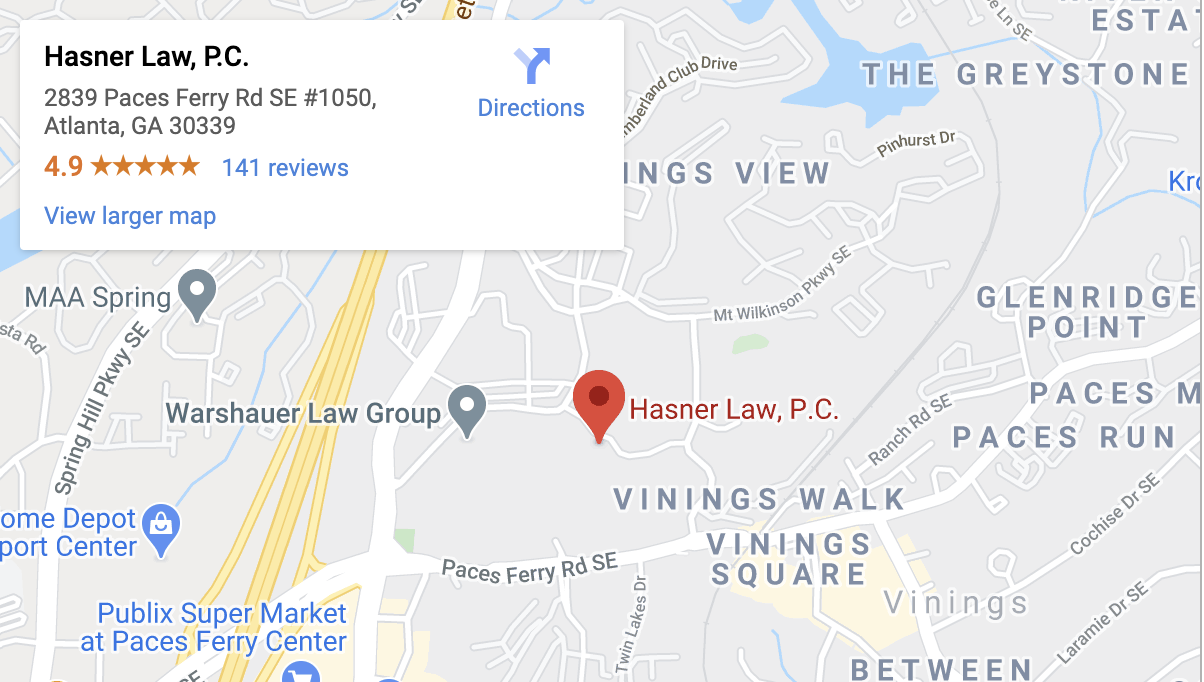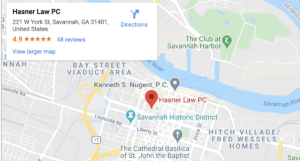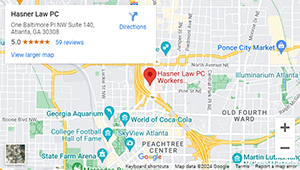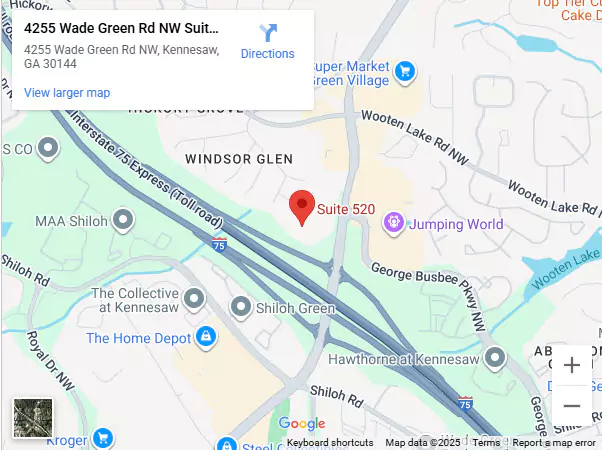What’s a Contingency Fee?

How much does a lawyer cost? That’s a common concern for many people after an accident. They worry that they will not be able to afford to hire a lawyer to handle their personal injury case.
A personal injury lawyer in Atlanta may charge attorney fees for legal services in one of several ways. An attorney may charge an hourly fee. The client is billed for the time the attorney spends working on the case. Many attorneys bill hourly for civil cases.
However, most personal injury lawyers use a contingency fee agreement for their cases. When an attorney charges fees on a contingency basis, the client does not pay any money upfront. Therefore, many people can afford to hire a personal injury attorney because of the contingency fee agreement.
How Does a Contingency Fee Work?

A contingency fee is one way that an attorney can charge for legal services. Contingency fees are not permitted in all types of cases. However, the Georgia Rules of Professional Conduct permit attorneys to charge clients for personal injury cases on a contingent fee basis.
When you sign a contingency fee agreement, you agree to pay a percentage of the total proceeds in your case to the attorney. The payment is for legal services rendered during the case. You and the attorney agree on the percentage of the contingency fee before you sign a retainer agreement.
No payment is made to the attorney for fees unless and until the case is won. If the attorney loses the case, they do not receive any money for their attorney fees. You only pay the attorney after they win the case.
Personal injury cases accepted on contingency must have a written contingent fee agreement. The fee agreement must set forth the percentage charged as a contingency fee and outline what services are included in the fee agreement. A typical contingent fee in a personal injury case covers all legal services to settle the case.
What Factors Are Used to Determine a Contingency Fee?

Contingent fee agreements are subject to review by the Georgia State Bar or the courts. The contingency fee charged must be reasonable. An attorney may charge a higher percentage if the case goes to trial instead of settling.
Factors that influence the contingency fee rate are similar to the factors that would influence an attorney’s hourly rate.
Things that can impact the amount of a contingency fee include:
- The type of case
- The attorney’s experience, education, and skills
- The geographic location of the case and the attorney’s office
- Whether the attorney holds any special certifications
- The lawyer’s success record and reputation
A reasonable contingency fee is generally between 30 to 40 percent. It is important to note that a contingency fee does not include court costs.
Who Pays Court Costs for a Personal Injury Case?
Attorneys in Georgia are required to disclose that contingent attorney’s fees are only for the legal services performed by the attorney. The contingency fee does not cover any court costs or additional expenses related to the case.
Court costs and expenses may include, but are not limited to:
- Court filing fees
- Fees to obtain medical records
- Cost of order copies of accident reports and police reports
- Travel expenses
- Transcript fees
- Deposition and court reporter fees
- Expert witness fees
- Costs of preparing for trial
The attorney has no control over the fees in the case. Court fees are standard, as are most fees to obtain documents. Depending on the case, the court costs could exceed several thousand dollars.
Because injury lawyers know that their clients may be struggling to pay bills while they are out of work after an injury, many will advance the fees for personal injury cases. They cannot pay the costs for you, but they can advance the costs and then deduct them from the settlement proceeds or a jury award. Be sure to understand your fee agreement to know whether the costs will be deducted before or after the attorney contingency fee is deducted from your total proceeds.
Hiring an Attorney to Represent You After an Injury or Accident
When you search for an attorney to represent you regarding a personal injury claim, the amount of the contingency fee is just one factor you want to consider.
Other factors that you need to consider when hiring a personal injury attorney include:
- Whether the attorney handles cases similar to your case
- The attorney’s years of experience
- Whether the law firm has the resources to handle a complex case
- The attorney’s trial experience
- How comfortable you feel when you talk to the attorney
- Whether the attorney advances the cost of the case
If you were injured in an accident, do not allow your concerns about attorneys’ fees to stop you from talking with a lawyer. Most attorneys offer free consultations. You may want to meet with several attorneys before hiring a personal injury lawyer.
The only way to know if you can effectively communicate with your lawyer is to talk to them to discuss your case. Then, after comparing personalities, experience, qualifications, and fees, you can decide which attorney is right for you.







